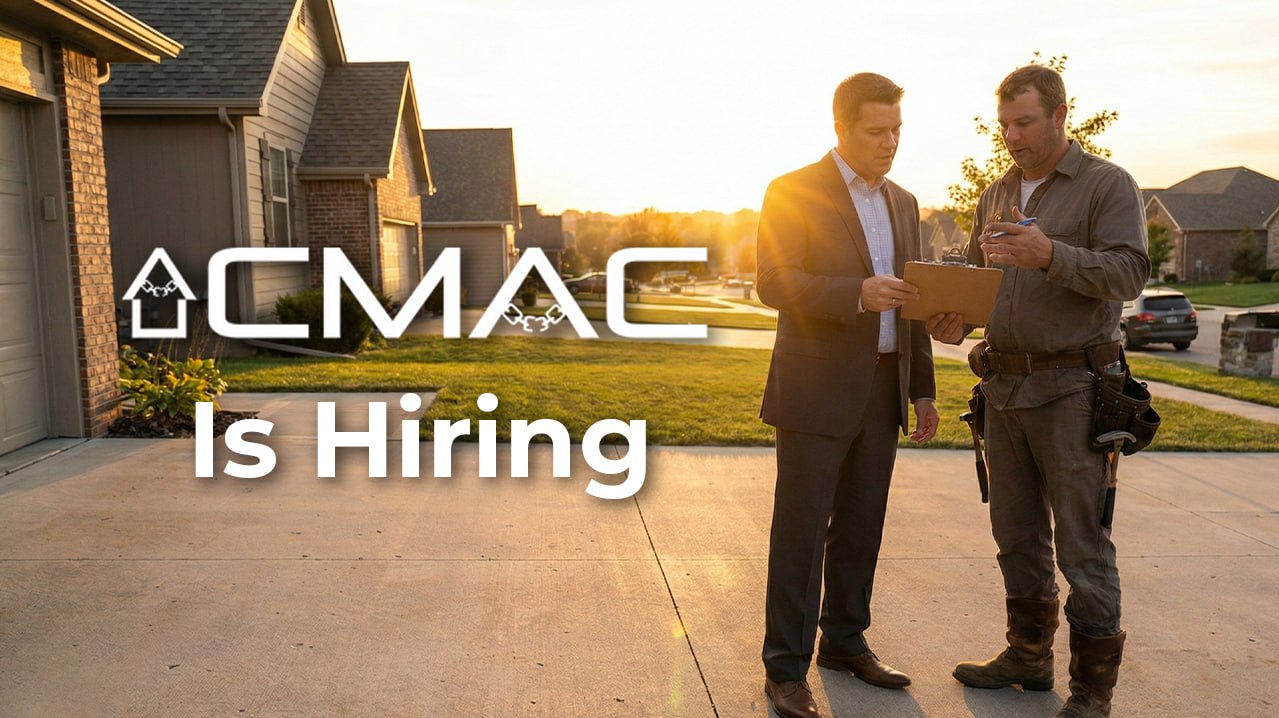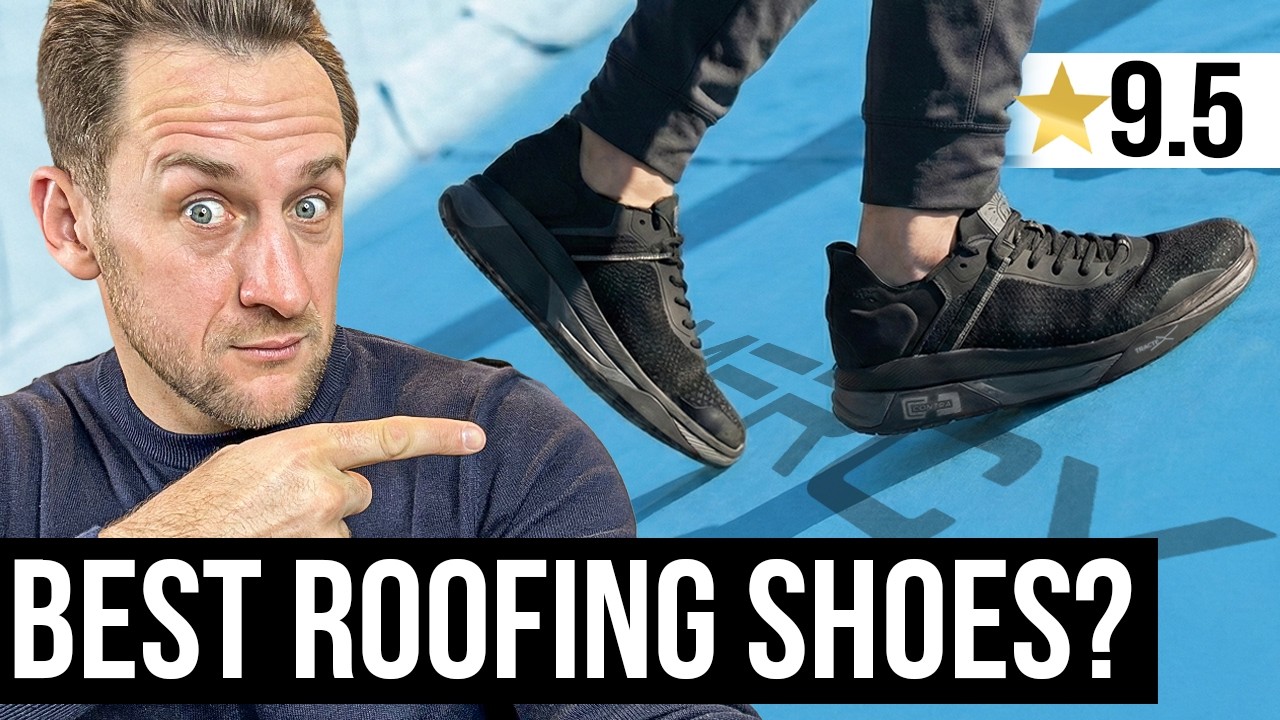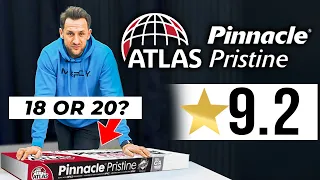Why So Many Roofing & Solar Companies Go Bankrupt
It’s every homeowner’s nightmare — you pay thousands of dollars for a new roof or solar system, and then the contractor disappears. No work. No refund. No protection. Unfortunately, this story is becoming more common than ever.
In this video, Dmitry covers the growing wave of bankruptcies and closures across the roofing and solar industries — and how new tools like PayKeeper are giving homeowners and contractors a way out.
A Wave of Contractor Bankruptcies
The roofing and solar markets have exploded in recent years, but not everyone is surviving the boom. Some of the biggest names — including SunPower, Titan Solar, MTS Construction, and J. Ferguson Roofing — have gone bankrupt, leaving millions in unfinished projects and unpaid debts.
In 2023 alone, over 100 solar contractors filed for bankruptcy or closed their doors, while business bankruptcies in the U.S. jumped 40%. The truth is, it’s not just small companies collapsing — even “industry leaders” are feeling the pressure.
Why Contractors Fail
Dmitry breaks down the top reasons roofing and solar businesses go under:
- Lack of experience: Many new contractors start without a real business plan.
- Poor money management: Rising costs and slow seasons can quickly drain cash flow.
- High interest rates: Expensive loans and financing make it harder to stay profitable.
- Regulatory shifts: From new solar incentives to immigration laws, policies are reshaping the industry.
- Fraud and mismanagement: Some companies simply abuse customer trust — and get caught.
How Homeowners Can Protect Themselves
Before you hire your next roofer or solar installer, follow these simple rules:
- Verify licensing in your state.
- Check reviews and testimonials.
- Always get a written contract.
- Never pay in full upfront — 10–25% deposits are standard.
And for the best protection? Use an escrow system like PayKeeper or hire through Directorii, which offers pre-screened contractors, verified licenses, credit checks, and a $20,000 guarantee (with coverage up to $250,000).










.webp)
.png)






